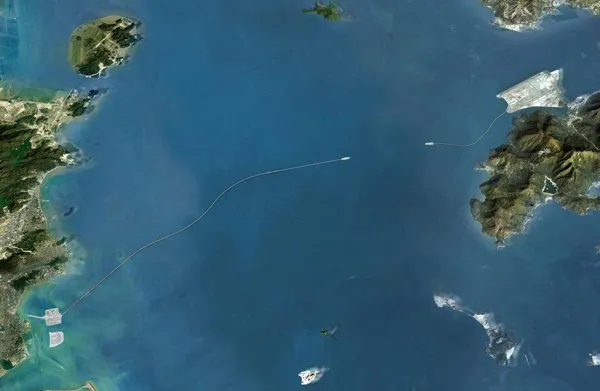The number of people using French public transport rose by 4.5% during the first 11 months of 2011 compared to the same period of 2010, according to UTP. The French public transport and rail union claims the increase is mainly due to the end of the Government’s nationwide bonus offered to individuals purchasing a new low polluting vehicle, and an increase in fuel prices.
Urban public transport networks (outside RATP) are still believed by UTP to have means to develop, because 41% of the French population
April 25, 2012
Read time: 2 mins
The number of people using French public transport rose by 4.5% during the first 11 months of 2011 compared to the same period of 2010, according to UTP.
The French public transport and rail union claims the increase is mainly due to the end of the Government’s nationwide bonus offered to individuals purchasing a new low polluting vehicle, and an increase in fuel prices.
Urban public transport networks (outside RATP) are still believed by UTP to have means to develop, because 41% of the French population is said to never use public transports. However, transport payments by companies are said to have reached a ceiling, and local communities are struggling with budgets. An increase in fare prices is seen by UTP as the solution for public transport financing, but it recognises this could deter potential service users.
There will not be a third call for projects for the construction of reserved public transport lines. This request by5240 GART was rejected by the Minister of Transport.
The French public transport and rail union claims the increase is mainly due to the end of the Government’s nationwide bonus offered to individuals purchasing a new low polluting vehicle, and an increase in fuel prices.
Urban public transport networks (outside RATP) are still believed by UTP to have means to develop, because 41% of the French population is said to never use public transports. However, transport payments by companies are said to have reached a ceiling, and local communities are struggling with budgets. An increase in fare prices is seen by UTP as the solution for public transport financing, but it recognises this could deter potential service users.
There will not be a third call for projects for the construction of reserved public transport lines. This request by









